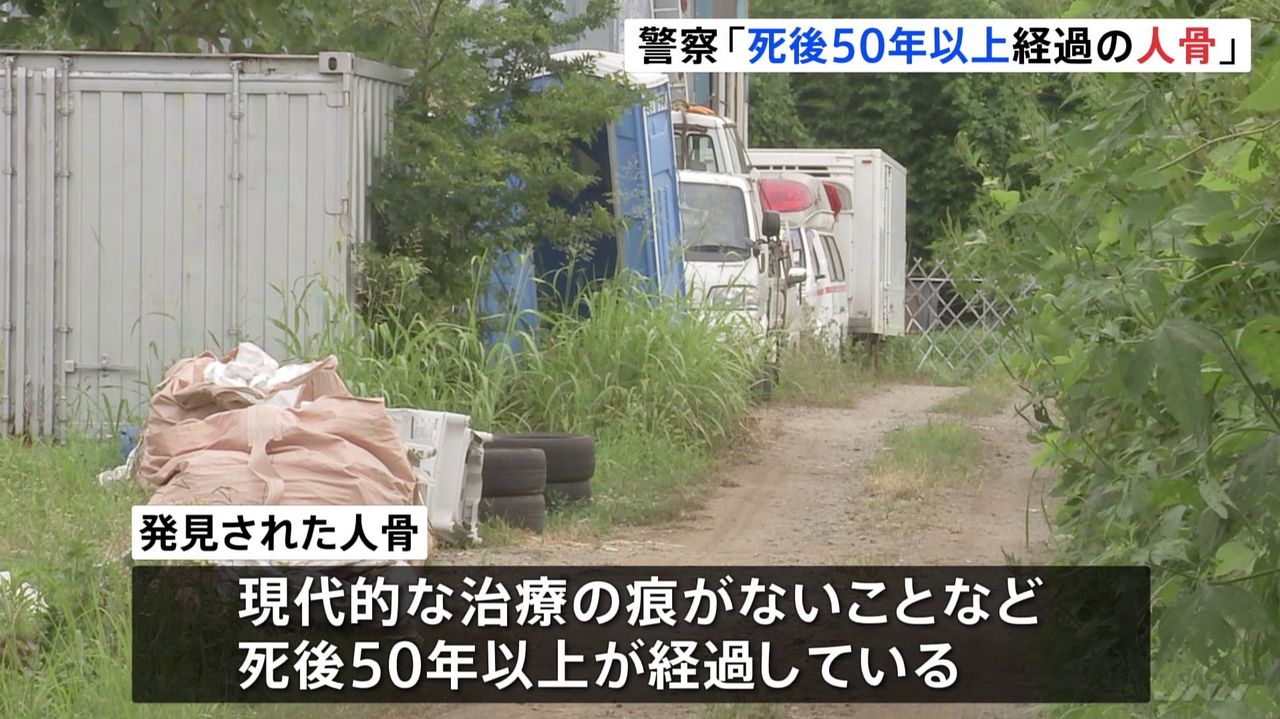In a strange and intriguing development, a collection of human bones estimated to be over 50 years post-mortem have been found in a bag in Japan. The identity of the deceased and the circumstances of their death are unknown, sparking a fascinating guesswork among local authorities and archaeologists. The investigation is centered on piecing together the sequence of events leading up to this unexpected find, which has become a topic of public intrigue.
In Japan, respect for the dead is a deeply ingrained value. The discovery of unidentified remains often leads to a thorough, respectful investigation to potentially provide closure for any surviving family members. It also opens up discussions about historical events, missing persons cases, or unique circumstances behind the disposal of the remains.
Similar to Japan, countries in the US and EU treat the discovery of human remains seriously and respectfully, with comprehensive investigations launched to identify the deceased and ascertain the cause of death. In archaeological contexts, such findings are also preserved and studied for their historical significance.

